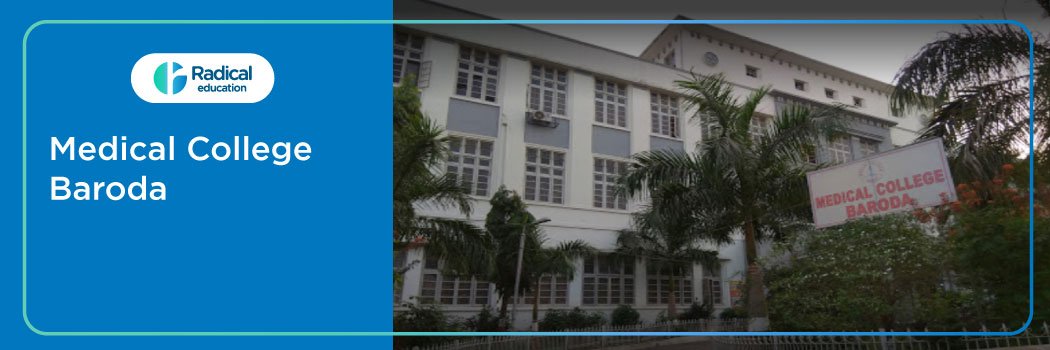Understanding RoHS Certification and Its Impact on Electronics Manufacturing
In today’s environmentally conscious world, businesses are under increasing pressure to reduce their ecological footprint. One key area of concern is the use of hazardous substances in electrical and electronic equipment. This is where RoHS Certification plays a pivotal role. The Restriction of Hazardous Substances (RoHS) Directive was established to limit the use of specific dangerous materials found in electronic products, ensuring safety for both consumers and the environment.
Scope of RoHS Certification
RoHS Certification is applicable to a wide range of electrical and electronic products, from consumer electronics to industrial machinery. The regulation restricts the use of six key substances, including lead, mercury, cadmium, and hexavalent chromium. Manufacturers aiming for compliance must ensure that their products do not exceed the maximum concentration limits for these substances. This not only fosters safer product design but also supports responsible waste management and recycling practices.
Benefits for Manufacturers and Consumers
One of the major advantages of achieving RoHS Certification is improved market access, particularly within the European Union and countries that have adopted similar regulations. Products that comply with RoHS standards are seen as environmentally friendly and safe, giving manufacturers a competitive edge. Consumers, in turn, gain confidence in the safety and sustainability of the electronics they purchase, knowing they are free from harmful toxins.
Why Choose RoHS Certification in the Philippines
With the growing emphasis on sustainable manufacturing, companies in the Philippines are increasingly pursuing RoHS Certification. This move not only aligns with global best practices but also positions them as responsible players in the international market. For detailed guidance on how to achieve RoHS Certification in the Philippines, businesses can connect with trusted certification bodies offering comprehensive support from documentation to compliance testing.
Conclusion: Embracing a Greener Future
RoHS Certification is more than just a regulatory requirement—it is a commitment to safer, greener manufacturing. By limiting hazardous substances, companies contribute to a cleaner environment and ensure the safety of their products. As global demand for sustainable practices grows, RoHS compliance is becoming a vital benchmark for success in the electronics industry.
What's Your Reaction?
 Like
0
Like
0
 Dislike
0
Dislike
0
 Love
0
Love
0
 Funny
0
Funny
0
 Angry
0
Angry
0
 Sad
0
Sad
0
 Wow
0
Wow
0


















































